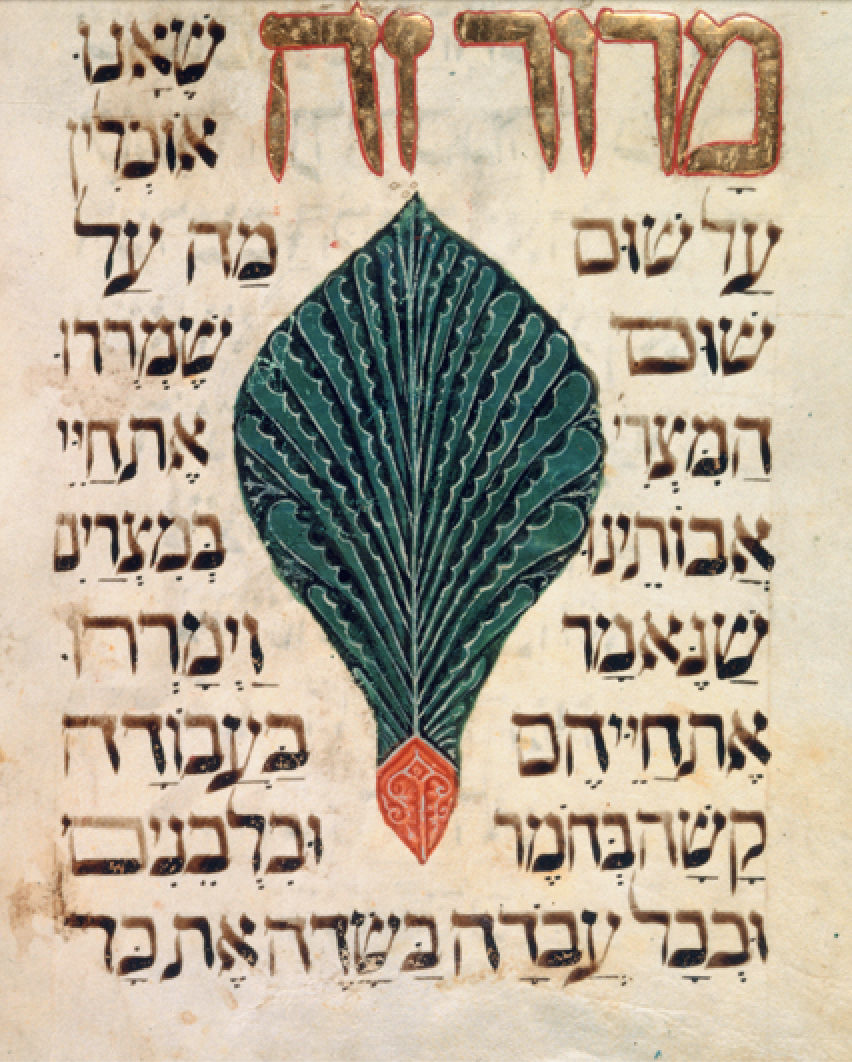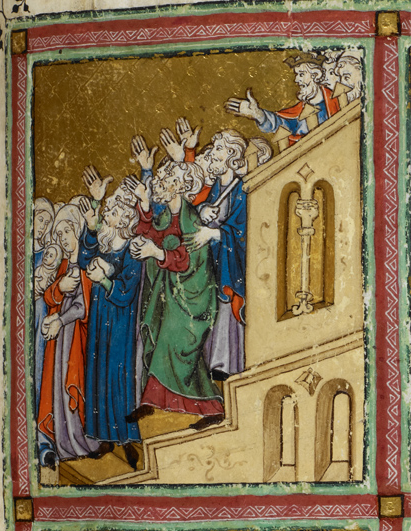Torah Study Date
Saturday, September 2, 2023
Verses Covered
Exodus (Sh’mot) 12:16-23
Next Session
Saturday, September 9, 2023
Starting at Exodus 12:24
Last week we discussed the holy assembly, the mikra kodesh, that YHVH tells us to have on the first and seventh day of the holiday of matza and pesach (halting, protecting). Rabbi Sara pointed out to us that on a mikra kodesh, work is prohibited except for that of making the food needed to eat that day (so there is a difference between the other days of unleavened bread and the mikra kodesh on the first and last day). We noted that the people are to observe the unleavened bread because YHVH brought the masses of people out of Egypt. YHVH really wants the people to remember that event. We noted the reiteration that anyone who eats leaven will be cut off from the congregation of Israel. We took special note of the fact that being cut off applies both to native-born people and sojourners in the land. We also noted the repetition of the requirement and of what results from not observing it, namely, being cut off from the people. We puzzled again about the emphasis on the latter.
We then discussed Moses conveying all of this to all of Israel’s elders: that they should slaughter a sheep for a pesach offering, take hyssop (which, as R. Sara explained, has in the past been used as a paintbrush), use it to paint blood on the lintel and doorposts, not go out until morning, and that YHVH will pass to strike Egypt but, seeing the blood, halt at the door and not allow the destroyer to come and strike. We talked quite a bit about “the destroyer” (ha mashchit). R. Sara pointed out that it could also be understood as “the destruction.”
We wondered how the notion that the destroyer is the “angel of death” came about since the text just says “the destroyer/destruction” and does not mention an angel of death. Thomas mentioned that we do not understand God so we do not understand how he destroys. If God is not a natural being, like the sun, a river, a frog, or a dog, then we have trouble understanding how God connects to natural things. We discussed the idea that an angel is just an aspect of God, made into a being so we can have some comprehension of it. Marilyn W. raised the question that has been bothering her about YHVH not being all-knowing as evidenced by YHVH having to see the blood to know that he should halt at the Israelites’ doors. We discussed the fact that YHVH is not portrayed in Torah as being all-knowing and that the idea God’s omniscience is a later tradition. Along the way, Rabbi Sara mentioned what God thinks justice is in the current readings, namely, you kill our firstborn, we kill yours.
This week’s art is two more illuminations from the Golden Haggadah (Catalonia, Spain, 13th c.), Maror (above), and The Escape from Egypt (below). We have been reading about the first Pesach, so the maror illustration seems appropriate. We are currently discussing the fact that YHVH, as his final last resort given that Pharoah continues not to send the people off, will kill all the firstborn of Egypt, and soon we will be discussing the escape from Egypt, portrayed below. If you look below, you will see Pharaoh, portrayed as a king, finally sending the people off (as evidenced by his hand gesture) and the people–some with balls of unleavened dough in their hands (Ex. 12:34) and some with raised hands (Ex. 14:8, perhaps indicating defiance?)–leaving the castle. The Golden Haggadah makes the story contemporary for its time by portraying Pharaoh as a king.


